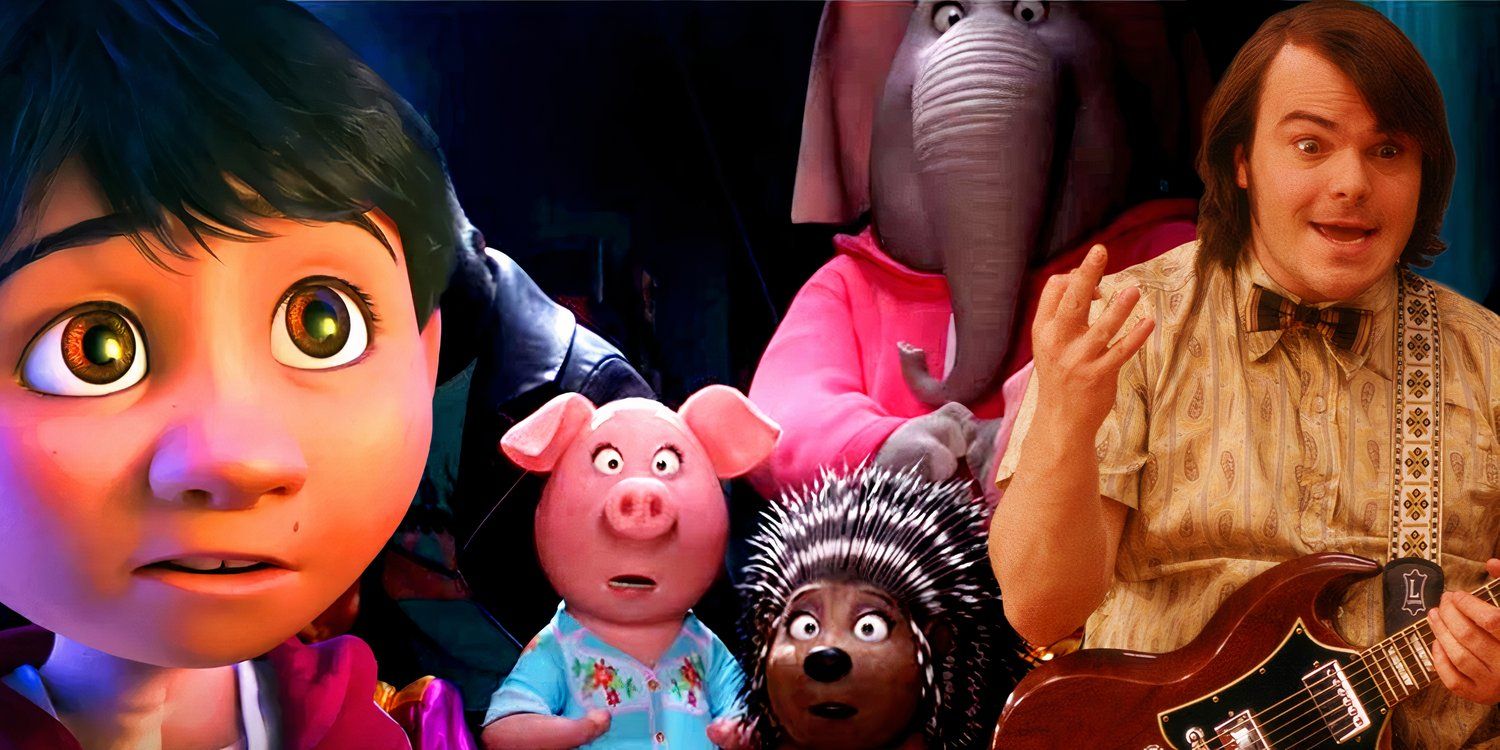When Felicity Jones hits the screen in “The Brutalist,” it’s like a bucket of cold water dashed on the pretensions of the characters we’ve already spent some 90 minutes with, learning about their struggles, dreams, histories.
Erzsébet (Jones) is smart, highly educated and most important, skeptical, in contrast to her husband, László Toth (Adrien Brody), an architect of soaring artistic and uncompromising vision.
The vision of director Brady Corbet, who co-wrote “The Brutalist” with Mona Fastvold, encompasses nothing less than the American Dream, the stain of antisemitism and postwar capitalist power.
Hungarian-Jewish couple Erzsébet and László are survivors of the horrors of the Nazi concentration camps, having been separated during the chaos of WWII and the aftermath of surrender.
László reaches the U.S. first and connects with a cousin, Attila (Alessandro Nivola), in Philadelphia. He gives László a room in the back of his furniture store and work. The cousins land a job redesigning a library in the mansion of Harrison Van Buren (Guy Pearce) in the suburbs — it’s a surprise orchestrated by Van Buren’s son, Harry (Joe Alwyn). The room is a stunning work of design — light and airy, stately yet modern — that Harrison rejects, but eventually realizes (although he’s too much of a shallow brute to come to this conclusion on his own) is a work of genius.
He hires László to design a local community center, and the movie delves into issues of art vs. commerce, racism and antisemitism. It’s during this monumental construction project that Erzsébet arrives, about halfway through the film, having previously just been a voiceover in letters to László. Yet her presence in the film has been strong, and a grounding force for him.
Jones’ entrance does not disappoint. She’s in a wheelchair but formidable. She’s not afraid of Harrison, of America, or the preening men trying to impose their will on her artist husband.
Indeed, at a welcoming dinner in Harrison’s mansion, Erzsébet swiftly puts the condescending and clueless guests away with her words, delivered with strength, dignity and sneaky bemusement.
She and Laszlo are a unit; they are one. Jones and Brody learned Hungarian and worked with a dialect coach for the movie. Brody’s mother is Hungarian, a refugee who immigrated to the U.S. in the 1950s.
Jones said at the SCAD Savannah Film Festival, “I think, at the heart of it, there is an incredible love story.” Jones noted that she found it intriguing that the character doesn’t appear until halfway through the film. “That was quite a challenge in some ways. And then, thinking more about it, I realized, actually, she is very much present in the beginning of the film; she is there in László. She informs so much of his journey in that first half.”
Jones brings fierceness to many of her roles — her Jyn Erso in “Rogue One” is a memorable addition to the “Star Wars” canon. That fierceness served her well as Jane Hawking, the wife of another, albeit real-life, genius, Stephen Hawking, in “The Theory of Everything” as well as Ruth Bader Ginsburg in “On the Basis of Sex.”
She scored an Oscar nomination for “Theory of Everything,” and should be in the conversation for “Brutalist,” as the embodiment of forward-looking, steely resolve that never sinks into turgid melodrama or caricature of the “woman behind the artist.” Jones has said of the character that she thought there was something “otherworldly” about Erzsébet, finding that “otherness” incredibly “engaging.”
Jones historically delivers nuanced women with steel spines — see Jyn in “Star Wars: Rogue One” again — and her Erzsébet is key to the second half of the American epic.









 English (US) ·
English (US) ·